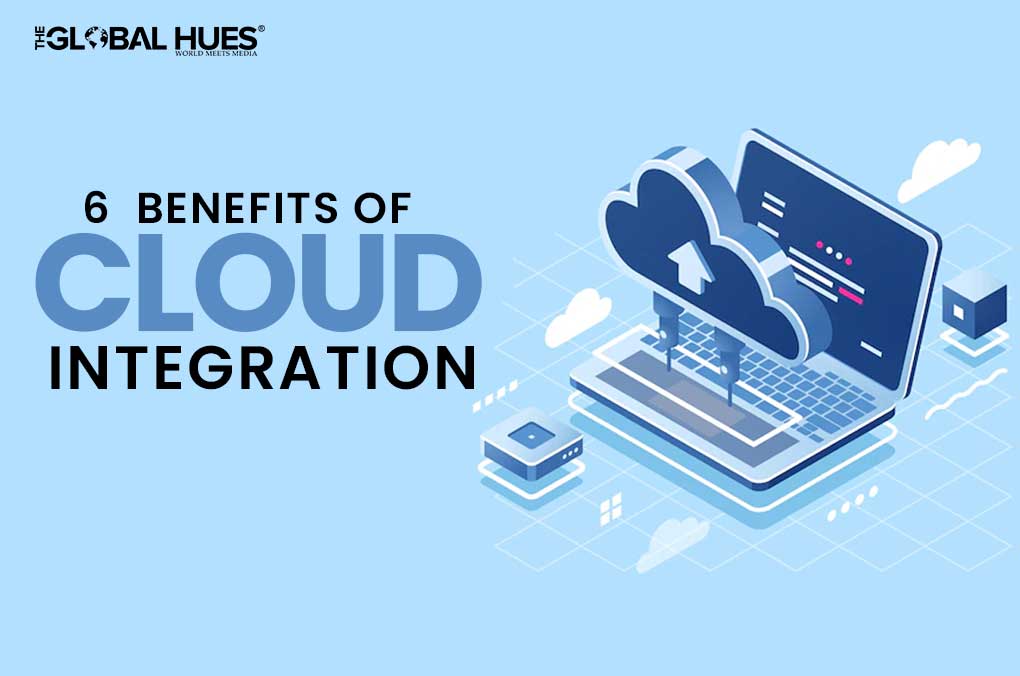A significant portion of the online world has continued to work without cloud computing despite statistics showing the business efficiency, cost benefits, and competitive advantages it holds. Cloud computing has been available for almost 20 years. In a study conducted by the International Data Group, 69% of companies reported adopting some form of cloud computing, and 18% said they plan to do so in the future.
However, some business executives are still wary of adopting cloud computing solutions. There are numerous benefits of cloud integration when it comes to filing security. So let’s discuss six essential benefits of cloud computing.

-
Exchange Capital Expenditure for Variable Cost
You can convert your CAPEX (Capital Expenditure) into OPEX using the Cloud (Operational Expenditure or Variable Expenditure). It means that you will only pay for what you use and when you use it rather than investing in data centers and servers. As a result, you’ll be able to focus on delivering new equipment instead of building and managing your infrastructure.
-
Deploying New Applications Takes Much Less Time
With cloud computing, deploying new applications takes much less time because servers can be set up and taken down quickly. A new server can be called up and imaged using a self-serve control interface instead of installing new hardware and networking. Or, even better, you can use a private cloud.
-
Know Capacity According to Your Needs
Knowing how much capacity you will need in the long term is a primary challenge in building your infrastructure. For example, an e-commerce website may see more traffic on Black Friday, requiring you to over-provision your resources. Cloud computing allows you to scale up or down depending on your needs.
-
Easily Access The Services You Demand
With cloud computing, you only need to click to access the services you demand. For example, instead of installing Docker on a virtual machine to run a Docker image, you can start a cloud service that enables you to build and execute your own Docker images.
-
High Data Security
Your cloud service provider is partly responsible for security. For example, if your cloud provider is hosting a MySQL database service, you won’t need to upgrade and patch to the latest version of MySQL because your cloud provider will take care of it. In addition, most cloud services use strong encryption by default, which is sufficient in most situations if you don’t use high-risk data.
-
Disaster Recovery
You can use cloud computing to install your solution in many data centers worldwide. It can help you prepare for any disaster recovery, such as a critical incident in one of the data centers, and minimize delays for your customers.
Conclusion
As we can see, cloud integration is crucial for corporate success as it enables seamless data transfer across multiple apps. However, managing business applications and data is a challenging problem.
Every year, more people choose cloud computing, and it’s easy to understand why. Businesses are aware of the benefits of cloud computing and how it affects their revenue, security, and teamwork. An enterprise can avoid many problems that can beset businesses that rely on on-premises technology by using a cloud-based solution.




